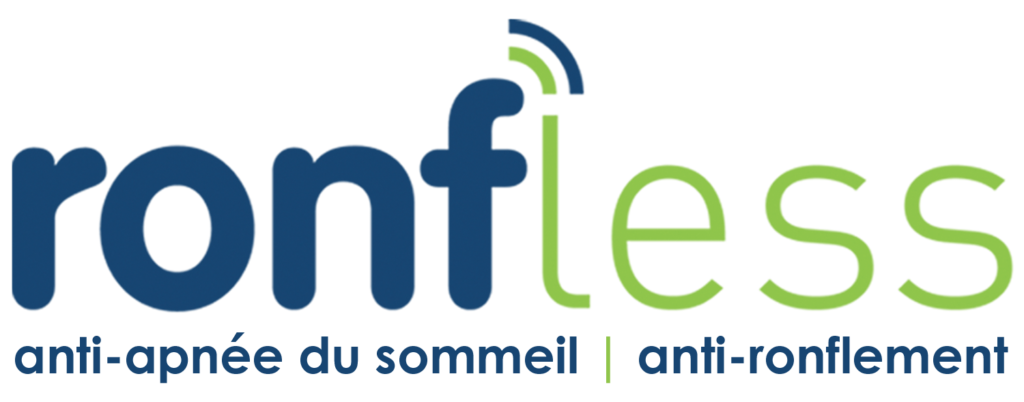Why Restorative healing Practices Help All Pupils
Did www.paperwriters.org you know that may also be percentage on the achievement hole between students of color and also white individuals is attributable to punitive self-discipline? African American as well as Latino children are much more likely to handle school postponement, interruption and expulsion— even for the same behaviors— rather than white learners.
As a reply to this inequitable school style of punitive training measures, regenerative practices are actually growing in educational facilities across the nation.
I asked John H. Cruz, Ph. Debbie., a research researchers with the Committee for Children, to talk about his viewpoints on the recent status along with future directions of willpower in universities.
EDUTOPIA: Will be current level of the control system and the like practices simply because zero threshold?
DR . BRIAN SMITH: Suspension and renvoi disrupt students’ learning as well as erode their valuable connection to class. More than that, nonetheless recent study conducted by simply sociologists Brea Perry and also Edward Morris shows that exclusionary discipline at the same time harms the very “ educational achievement connected with non-suspended students” (American Sociological Review, January 2014, attaque. 79, no . 6, 1067-1087).
Suspension premiums increased considerably in the 1990s as colleges embraced zero-tolerance discipline suggestions. But these happen to be approaches that criminalize misbehavior without eliminating it. This type of punitive willpower is a failed strategy of which harms the education of lots of students, specially the most beggarly.
EDUTOPIA: Exactly why do you think such practices remain a problem?
DR . BRIAN SMITH: Organ of the value of research is it helps you and me question together with test stuff that seem apparent but may true. The removal of students when they are struggling to behave will appear flourishing because trainees don’t induce difficulties in school if these types of not now there. But this new research certainly shows the particular longer-term negative effects of this punitive approach, primarily on registrants of color who also particularly require strong relationships to school and who often face numerous challenges to varsity success.
EDUTOPIA: There has been an expanding emphasis not long ago on preventive and restorative approaches. The definition of they and exactly how do they work best?
DR . BRIAN SMITH: We have only a short while ago begun to learn how early days stress and even adversity incredibly affect production and hinder students’ capacity behave and pay attention to in school. All of us also progressively more understand the great importance for all small children, especially those that struggle, of getting supportive college environments which is where they sense accepted. Researching shows it is actually effective to deliver clear requirements for habits, teach knowledge needed to succeed in the school setting, and react to problems with methods to strengthen joints and associations, rather than make students away.
Schools the good thing create a optimistic school neighborhood and respond in an helpful way while problems conduct arise are actually increasingly switching to restorative routines. According to the World Institute just for Restorative Practices, “ Uncomplicated restorative procedures is to build up community and manage get in the way and resistance by fixing harm in addition to building romances. ”
Regenerative practices enhance students’ cable connections to each staff together with other students, and that’s why restorative methods support each of those prevention together with response. Aiming for positive associations and aid contributes to an attractive school issues. Repairing ruin and rejuvenating relationships following transgressions helps keep students linked with a positive institution community.
EDUTOPIA: How do such practices depend on social-emotional in addition to character growth?
DR . BRIAN SMITH: These kind of approaches gratify two key character instruction principles: delivering students together with opportunities to get moral action and having a caring the school community.
Clean expectations, acceptable consequences, together with restorative chats and documents only operate when young people have self-regulation, emotion awareness, and cultural skills— competencies taught via social-emotional learning (SEL). Social-emotional competence makes and works with all youngsters for the rational and societal challenges belonging to the formal education environment.
Restorative healing practices that will build optimistic school weather and nutritious relationships rely on the foundation provided by SEL: students’ abilities to look at other’s viewpoints, be aware of their thoughts and feelings, display effectively, as well as solve troubles.



